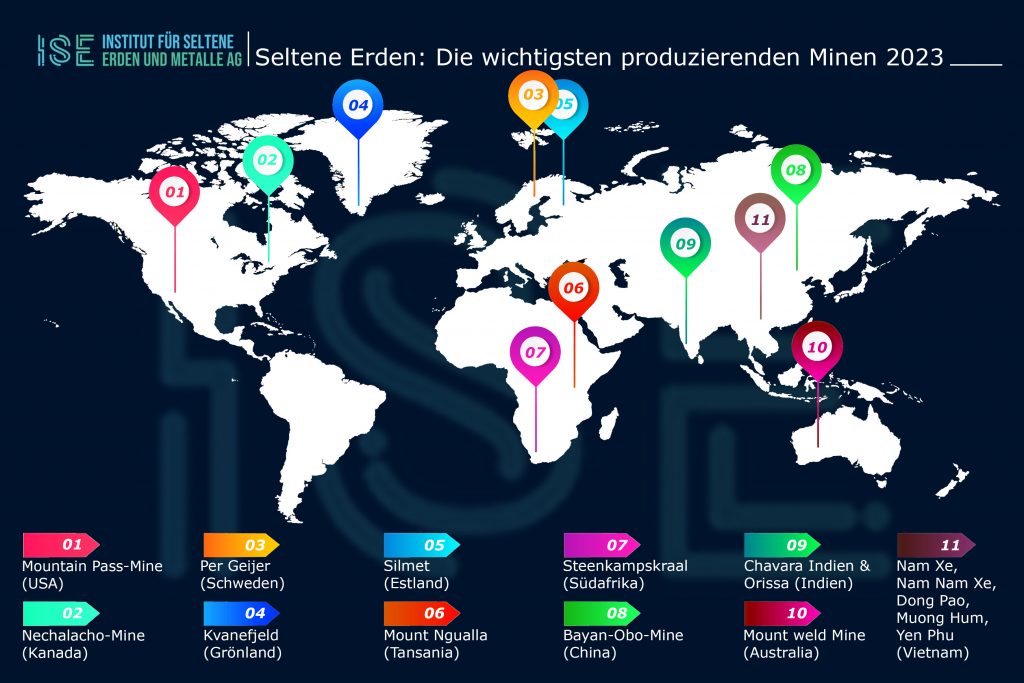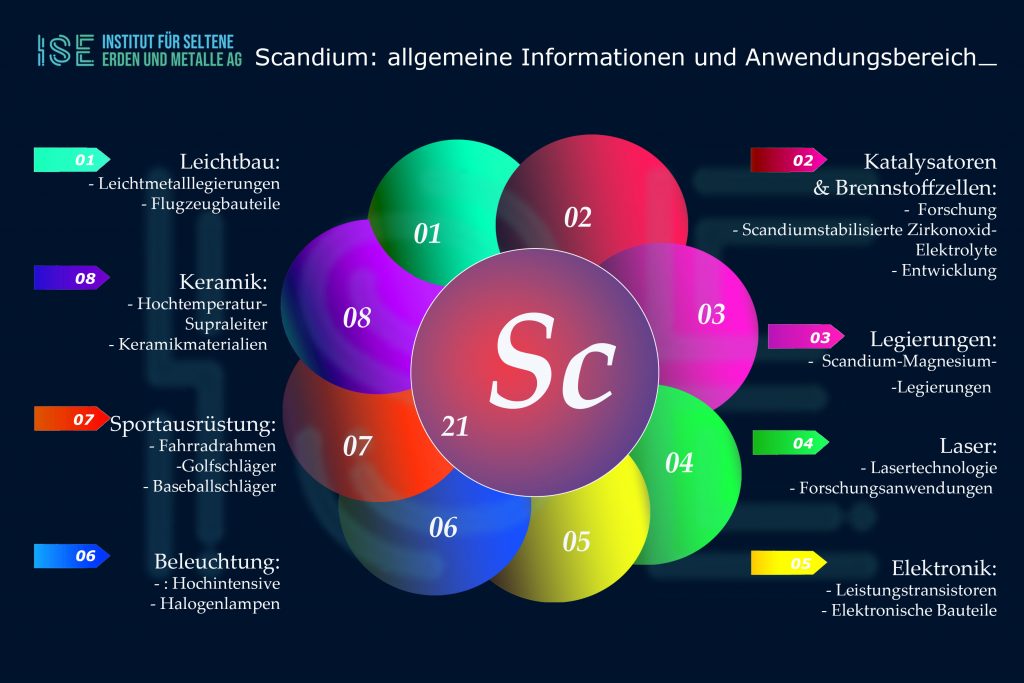New approaches to the settlement of the old dispute over rare earths
Apr 17.04.2012, 13 - China is preparing for a lawsuit brought by the United States, the EU and Japan over China's export controls on rare earth minerals. The triumvirate of industrial powers brought the case to the World Trade Organization (WTO) on March 16. The Chinese Ministry of Industry and Information Technology said the country was ready to take a stand against the allegations. Mei Xinyu, a research fellow at the Academy for International Trade and Economic Cooperation, shared his view on China's Securities Times on March XNUMX. Edited excerpts follow:
China did not export rare earths before the early 1970s, and the world market for rare earths was dominated by the United States, Europe and Japan. In the 1970, China gradually entered the world market for rare earths and its market share increased sharply in the following decades. With its current share of more than 90 percent in the world's rare earth mining, China is virtually monopolizing it. There is an urgent need to improve the use of this important raw material, not only by producing individual rare earth products, but also by optimizing the individual stages of their processing.
China has every reason to impose strict controls on its exports of rare earths, even if this means raising the prices of these precious raw materials, because the existing pricing mechanism has serious shortcomings. Currently, the impact of mining on the environment is not reflected in the price, not to mention the scarcity of these raw materials.
The problem is that the WTO rules, hard-pressed by the United States and Europe, are unfair. Western states are tricky enough to interpret these rules in their interest, but accuse developing countries and regions of violating WTO rules when trying to protect their legitimate rights. China, these tricks are not foreign. Therefore, China should keep an eye on the following two issues during the coming conflict over rare earths: China should do everything possible to win the dispute, while intensifying efforts in the production and sale of rare earths at home and abroad, so that the Western countries can not win even if China loses the process.
Integrated removal
The coordination of the mining of rare earth resources, which started one year ago, should be our highest priority. This is where the founding of an industry association for rare earths begins. This will allow China to exercise better control over the rare earths market, especially as Chinese companies are making limited profits in extracting rare earths. Restructuring of the sector should consolidate the industry. The main aim is to close down the many small businesses, especially in southern China, and to give the large state-owned enterprises a higher share. This also benefits environmental protection.
However, this will lead to income losses at local government level. In order to ensure sustainable development in areas where rare earth mining is halted, large firms should provide adequate financial resources to help communities clean up the environment and promote new sectors of the economy.
In the existing tax system, levies are still too low for outside investors who enter into transactions with local governments on a supraregional scale. In addition, large companies and conglomerates often maximize their profits through in-house billing and other measures. Thus, they reduce their tax payments and other taxes on which the local governments depend. In such circumstances, conflicts between corporate and local governments are inevitable. But if the proceeds go to the central government, they can spread them across the country evenly through transfer payments, or they can be returned directly to the local government, which exploits sources of raw materials in its administrative territory.
The consolidation of the industry through restructuring should not falter; the leading position of the central government in collecting taxes and allocating public funds should not be changed; and the market-oriented activities of large companies should not be disturbed. Under these conditions, adjustments in taxation should allow local governments to benefit more from the use of their land by large-scale mining operations. A win-win situation for both large companies and municipalities can only be achieved by taking appropriate measures.
cleaning technologies
In addition to restructuring the industry, we should also turn our attention to the question of how other countries are reducing these raw materials. China's rare earth resources make up only forty percent of the world's resources. If foreign resources are not mined, China's rare earth industry will collapse at some point in the future, unable to sustain sustainable development.
If we do not consider the rare earth minerals from abroad, our goal of raising rare earth prices and improving yields for our rare earth industry will benefit even the rare earth industries of other countries. After China has stepped up its control of its rare earth exports in recent years, other countries have launched 200 projects to develop their own rare earth reserves. In the United States in particular, Mountain Pass, the country's largest rare earth mine, is expected to resume production with an annual output of 10 000 tonnes.
Of course, many countries will reluctantly sell their rare earths, primarily because these commodities have become a much sought after commodity. In order to gain a competitive advantage over the global competition and to maintain its control over the rare earth market, China must first further develop its separation and purification techniques and its processing technologies.
The splitting of rare earth elements into their chemical constituents is very difficult because of their similarity. The process takes time as well as expertise. The most difficult part is the separation of praseodymium and neodymium. Some foreign companies had a monopoly position in these technologies, which reduced China to the role of exporter of rare earth ore and slag.
China has been trying to deal with this problem since its first attempts in 1972 to separate praseodymium and neodymium. Led by Xu Guangxian, a member of the Chinese Academy of Sciences, Chinese scientists successfully developed the world's most advanced cascade extraction technology, ending the monopoly of Western countries in this field.
With this advanced technology, China has almost reached the level of Western rare earth mining companies. The high purity rare earths from China have conquered the global market. This has reduced prices in the international market by thirty to forty percent. Under this “Chinese influence”, some Western countries, which had long monopolized the world market for rare earths, restricted production or stopped it entirely, and some sought cooperation with Chinese companies.
If China seeks cooperation with other countries, it should maintain exclusive ownership of rare earth companies in order to maintain and strengthen control over the separation and purification of rare earths and effectively protect Chinese core technologies in the area.
(Beijing Rundschau)





